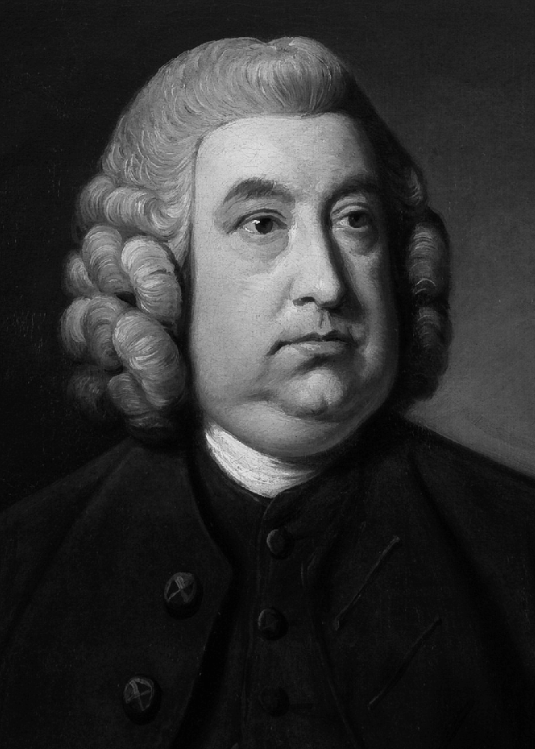Netflix’s ‘Queen Charlotte: A Bridgerton Story’ is a prequel set in the Bridgerton universe and explores the origins of the titular queen. A young Queen Charlotte is brought to England to marry King George III. While her brother revels at the thought of forming a relationship with the British empire, Charlotte wonders why she was chosen over other prospects that the king could have easily gone for. Her suspicions are cleared much later when she discovers that her husband has a mental illness and is being secretly treated by a doctor called John Monro.
The doctor takes a rather inhumane approach to treating George. Considering that the king and the queen in the Netflix series are based on real people, you might wonder if Dr. Monro was real too. Let’s find out. SPOILERS AHEAD
Dr. John Monro Was a Real Doctor
Yes, Dr. John Monro was a real physician who specialized in the treatment of mental illnesses in the eighteenth century. He belonged to a family of doctors who had worked in the same field. Born in Greenwich in 1715, Monro was known for heading the Bethlem Hospital, also known as Bedlam, in London.

Known as the best doctor to treat mental illness at the time, Monro was a graduate of MA from St. John’s College, Oxford. He received the Radcliffe traveling fellowship, which allowed him to spend the next ten years of his life studying medicine in Britain and all over Europe. His studies took him from Edinburgh to France to Italy to Germany. He became the Governor of the Bethlem Hospital in 1747 after receiving his Oxford DM. He started working alongside his father as a joint physician and became the sole physician upon his father’s death.
Monro was known for his radical point of view regarding the treatments of mental illness and received continued criticism from his peers, most notably from William Battie, who called Monro’s methods archaic and ineffective. He was known to support depletive medicine, allowed public viewing of a patient in their manic episodes, and dismissed “an organic basis for some forms of madness.” Despite this, he enjoyed success on the professional front, and his legacy was continued by his children.
Dr. John Monro’s Involvement in Treating King George III
While there is no record of Dr. John Monro treating King George III, it can be confirmed that he was sought for advice by the Royal doctors to find a different and more effective way to treat the King. One of the doctors known for leading the king’s treatment is Dr. Francis Willis. Since the show looks at the real-life story of King George from a fictional lens, we can say that Dr. Monro is a composite of the doctors who treated him over the years.
In the Netflix series, George subjects himself to Dr. Monro’s treatments, which are harsh, to say the least. In real life, too, it is said that the King went through a series of appalling treatments and was treated as a guinea pig by the doctors, who didn’t shy away from putting him in a straitjacket. King George is said to have been put through bloodletting, urine analysis, and blistering, which meant blistering his skin with “James” powder which contained arsenic, which might have worsened his situation.
A diary entry of Dr. Willis from March 1801 reads: “His Majesty’s feet were put into hot water and vinegar for half an hour. Soon after this, His Majesty put on such an appearance of being exhausted that his life was despaired of — his pulse too had rapidly increased.” The ineffectiveness of these treatments is evident from the fact that the King never really got better. Whatever the effects, they were all temporary, as the King’s situation worsened in the later years.
In the Netflix series, when Queen Charlotte discovers what her husband is being put through, she stops the treatment immediately. She focuses on helping him through love and care rather than putting him through something that would break him even further, starving him of food as well as affection. The methods used by Dr. Monro in the show and the doctors of King George III in real life show the lack of information and education about mental illness, their root, and their treatment during that time.
Read More: Who is Jacqueline Avant? How Did She Die?


You must be logged in to post a comment.